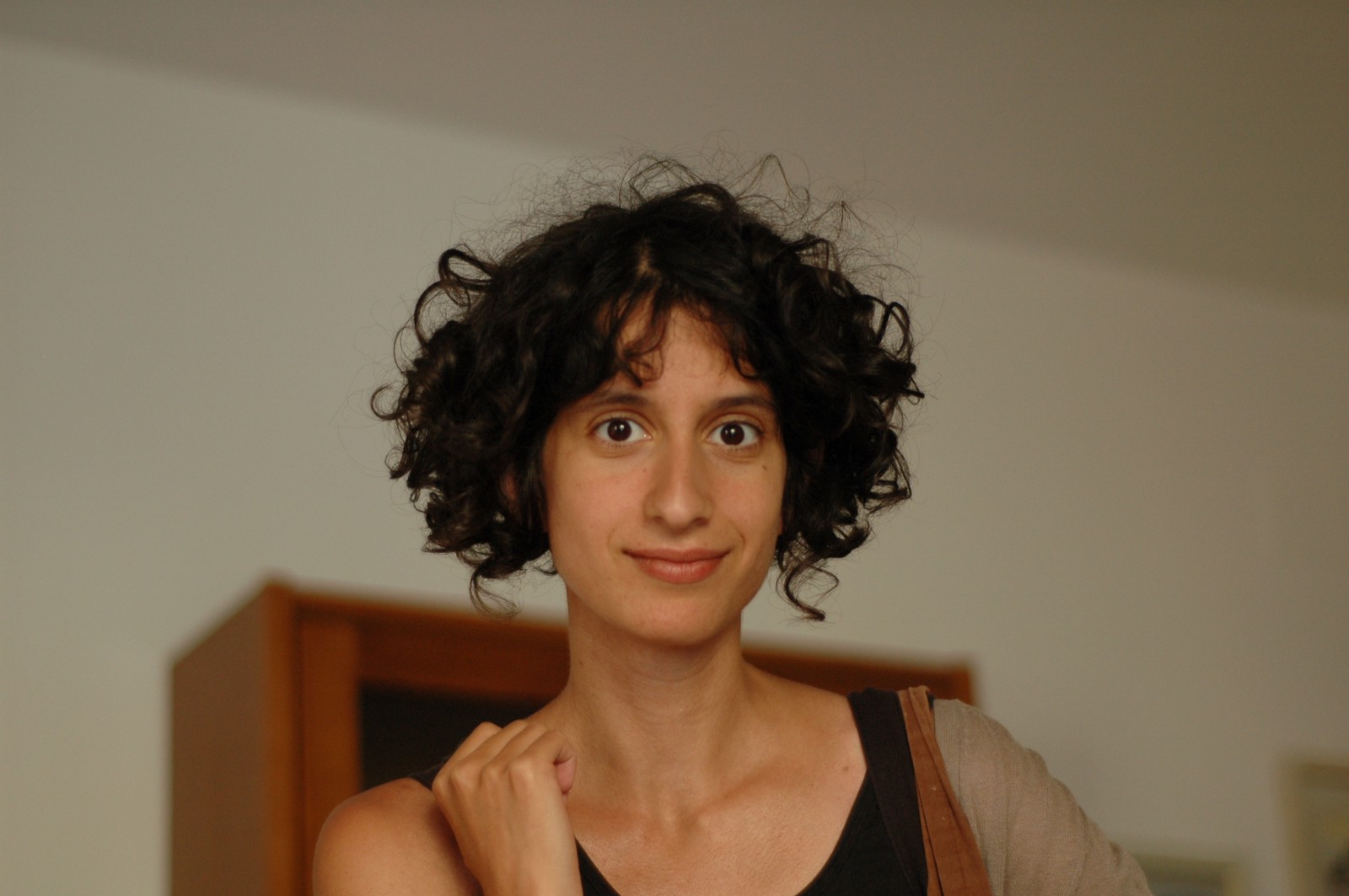
“I would say it’s a privilege not to be paranoid.”
Things That Are Awkward:
Being an Artist
Making Art
Taking Yourself Seriously
I met Caren Beilin in 2007, when we both moved to Missoula, Montana to do our MFAs. We were both in our mid-twenties, and the first time I read her fiction for workshop I felt jealous. I loved her exquisitely out-there metaphors (from memory I’m recalling she somehow pulled off describing something as “Pluto jelly”) and was awed by her dark subject matter (abuse of all kinds) and even darker humor. Caren and I quickly became close friends, and nearly ten years since completing our degrees in Montana, we remain close, even as our lives have changed and geography makes seeing each other difficult. Like most writer friends, we’ve stayed connected in part through reading and responding to each other’s work. In 2012, Caren published the fiction chapbook Americans, Guests, or Us, and in 2014, the novel The University of Pennsylvania.This past March, Caren wrote to tell me that she had a new book coming out in the fall. She was thinking of titling it Aaron’s Wedding. And it wasn’t a novel. It was a memoir.
Oh boy, I thought.
In the summer of 2011, Caren had come to my wedding in Cordoba, Spain, where I was living at the time. I had recently heard of a new artist residency opening in a small town about an hour and a half from Cordoba, so I connected Caren to the people who ran it. Sure enough, they offered her a spot, so she flew to Spain and took up residence in an old Andalusian house for two months before my wedding.
The experience, let’s say, wasn’t what she expected or desired, and that’s what her new book published by Rescue Press in November is about: the bizarre, uncomfortable comedy of not fitting into small-town life in southern Spain (which was perhaps to be expected) or the artist residency (which perhaps wasn’t). But at the same time that’s not really what the book is about. Underneath the surface, the book is about family and pain, about living and making art as a woman, and about how to bend and derange words and syntax to assert power and anger when others try to rob you of it.
In the end, Caren decided not to call the book Aaron’s Wedding, which makes sense, since I don’t appear in it and neither does my wedding. Instead, she chose to title the book, simply, Spain.
—Aaron Shulman
THE BELIEVER: The first thing I’m interested in is how to read this novel. Is...
You have reached your article limit
Sign up for a digital subscription and continue reading all new issues, plus our entire archives, for just $1.50/month.
Already a subscriber? Sign in




